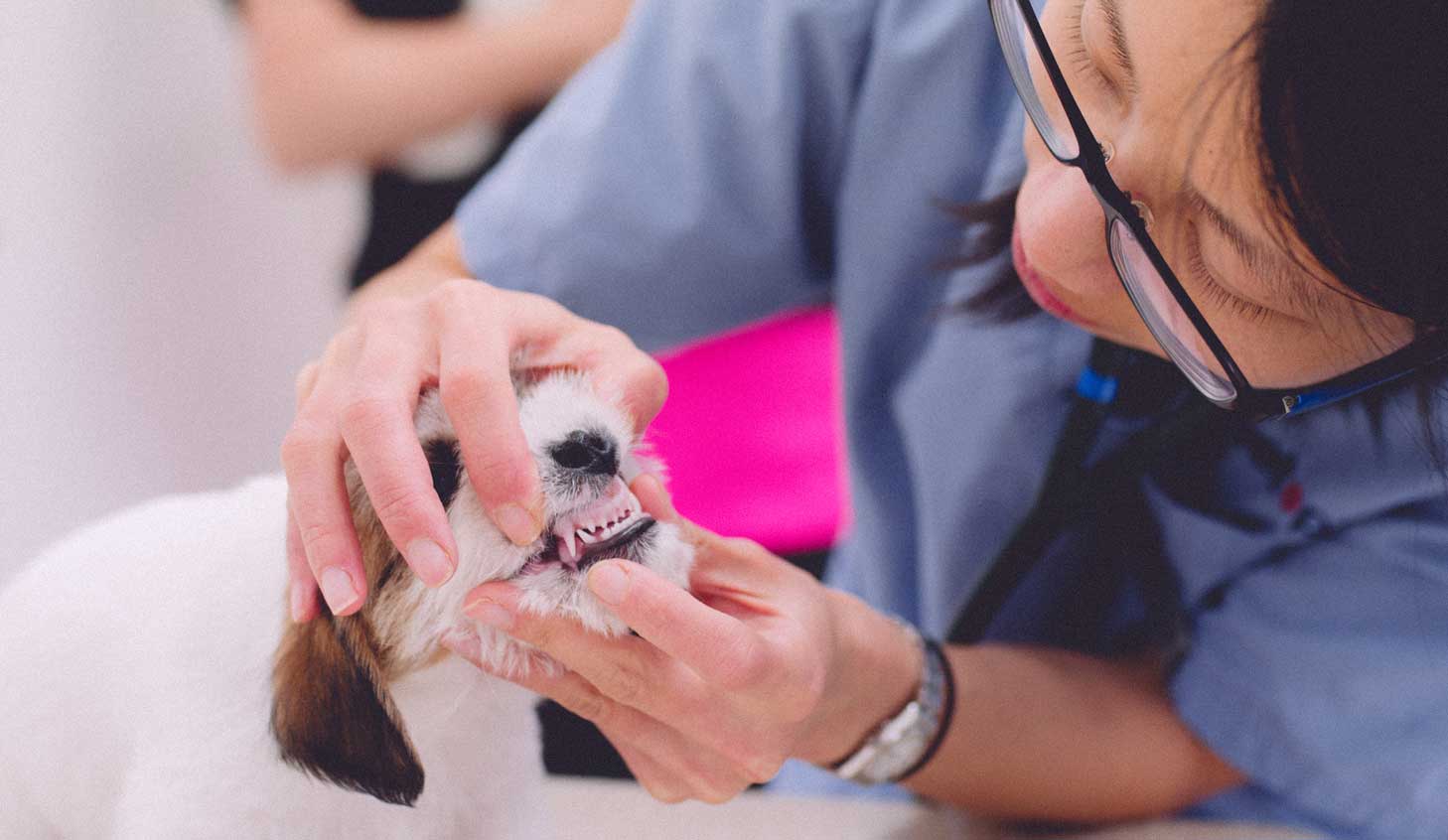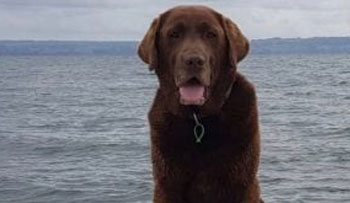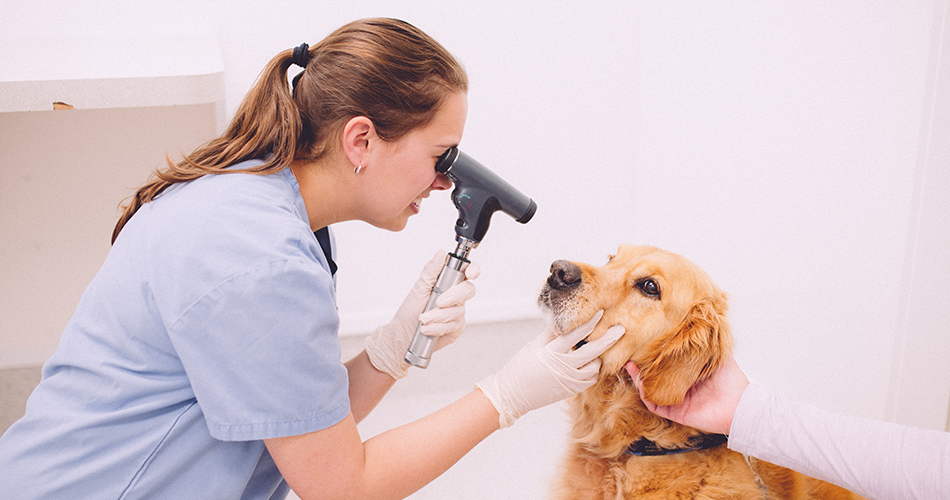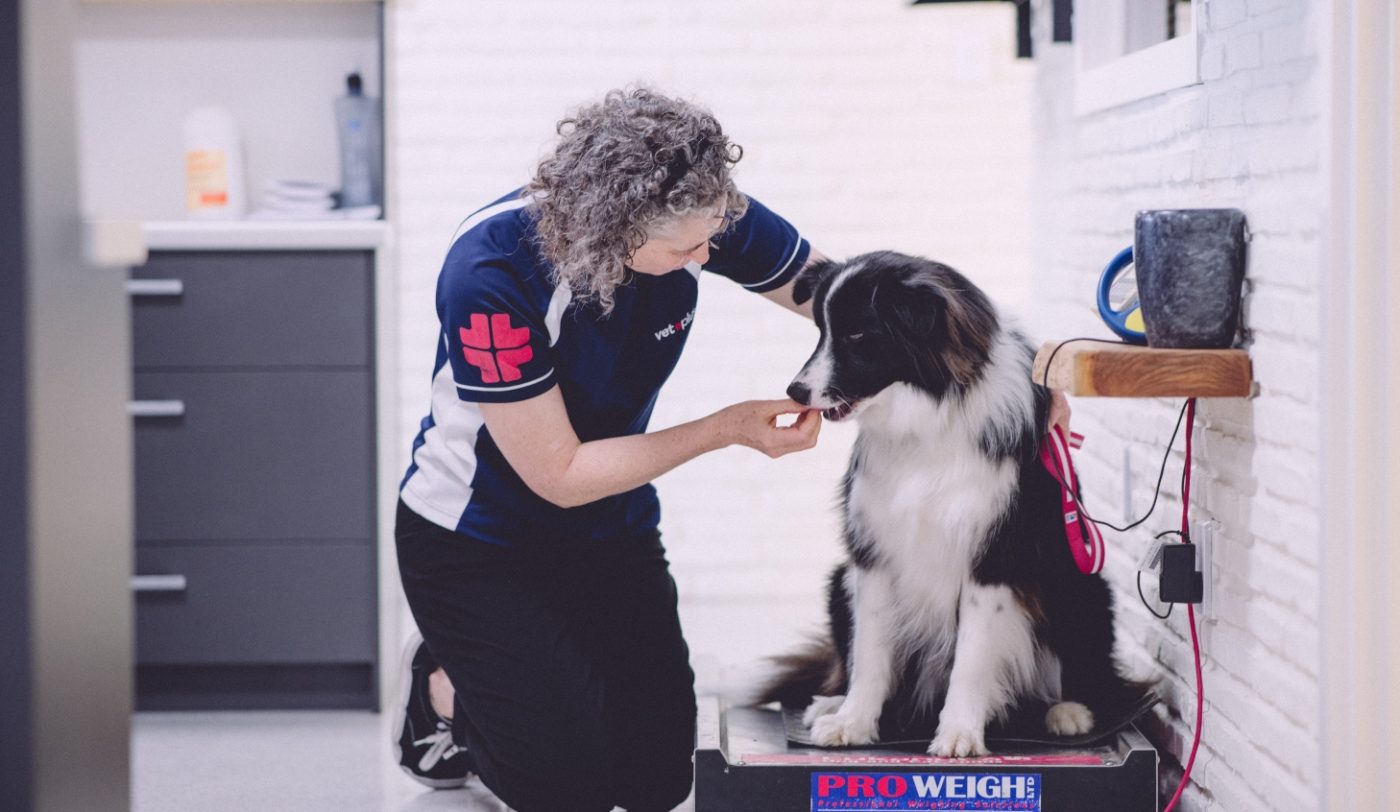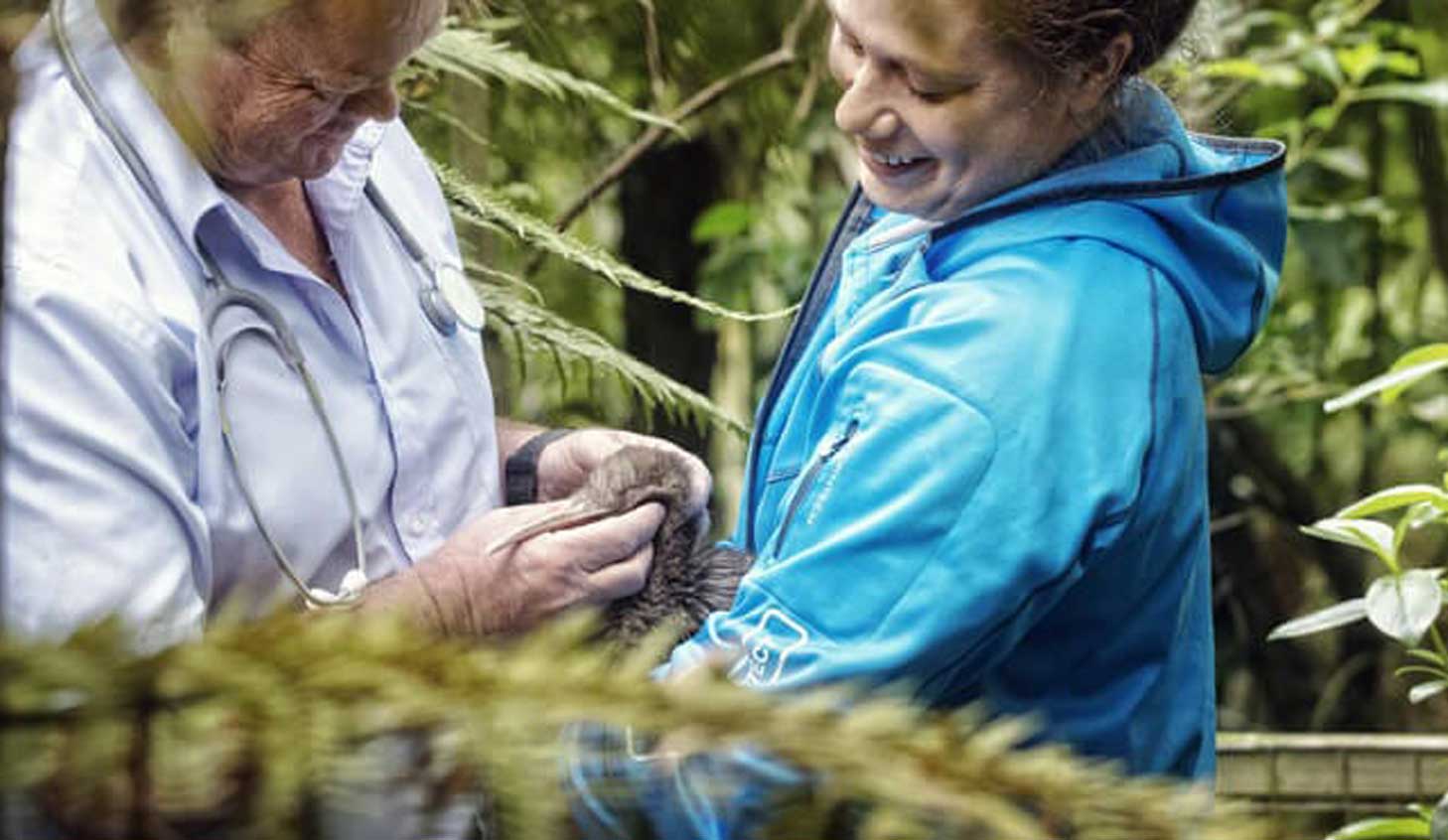Top Tips For Keeping Pets Calm Through Fireworks Season
October 29, 2020
Reading Time: 2 minutes

For many animals, November 5th and the surrounding weeks is something akin to World War 3. These are the unfortunate dogs and cats that suffer from fireworks phobia. A phobia is not just a normal fear response; it is a marked, abnormal, irrational fear over which the animal has no control. Animals can also react to other loud noises such as thunderstorms. Signs that suggest a mild phobia in dogs include pacing, dribbling, panting, barking and attempts to escape or hide. More severely affected animals can show vomiting, diarrhoea and destructive behaviour that can result in injuries. Like dogs, cats also suffer and may stop eating, act strangely and refuse to go outside for several weeks.
There is no easy solution, but the aim is to teach calm relaxed behaviour which is incompatible with anxiety. Ignoring anxiety seeking behavior, distraction, and medications all play a role. The use of a DAP (dog appeasing pheromone) diffusers, spray or collars is scientifically proved to reduce anxiety in dogs and should be used at least 2 weeks prior to the stressful time. There is also a Feliway pheromone diffuser available for stressed cats. These are plugged into the wall and last at least 4 weeks. Both DAP and Feliway are available from our clinic.
Dietary supplements are also available, to reduce anxiety, so we recommend having pets on these during fireworks season, and if possible, 2-6 weeks prior to the fireworks.
On fireworks night confine your dog to a sound-proof room, close the curtains, turn up the music or TV, and if possible, play tug games or similar. Don’t encourage anxious behaviour by attempting to “comfort” the dog, in fact ignoring anxious behaviour and staying calm sends a strong message that you’re not upset and therefore they have nothing to worry about.
Many of these animals require medication to get them through this time. Those with a mild phobia can be prescribed medication for use on an as needed basis. A consultation with the vet will be needed to find the right medication for your pet.
Our Top Tips:
- Reduce visual exposure and muffle sounds.
- Provide a safe secure indoor space.
- Owners should remain calm and provide quiet reassurance, avoid inadvertent reinforcement of anxiety by excessive treat giving or making a fuss.
- Microchip your pet to facilitate repatriation if they do run off and become lost.
- Ensure the effects of sedation medication are completely worn off before allowing your pet outdoors.

